
NO&T Asia Legal Review
In the past few months, several amendments have been introduced in the competition regime of India. The leniency plus framework was brought into force in February 2024 and in March 2024 the thresholds for asset value and turnover under the Competition Act, as well as de minimis target exemption (i.e. exemption from prior approval from the Competition Commission of India (“CCI”), if the target enterprise, on a consolidated basis, does not exceed a certain threshold) were revised. This Article provides an overview of the recent updates.
The Competition Act prescribes that acquisition of one or more enterprises or merger or amalgamation of enterprises, which exceeds the threshold prescribed therein shall be a ‘Combination’ for the purposes of the Competition Act, requiring prior approval of the CCI prior to its implementation. With effect from 7 March 2024, these thresholds have been revised upwards. The below table outlines prior and revised thresholds:
| Assets | Turnover | |||
|---|---|---|---|---|
| Enterprise/Party Level | India |
Old: More than INR 20 billion New: More than INR 25 billion |
OR |
Old: More than INR 60 billion New: More than INR 75 billion |
| Worldwide with nexus in India |
Old: More than USD 1 billion, with at least INR 10 billion in India New: More than USD 1.25 billion, with at least INR 12.5 billion in India |
Old: More than USD 3 billion, with at least INR 30 billion in India New: More than USD 3.75 billion, with at least INR 37.5 billion in India |
||
| OR | ||||
| Group Level | India |
Old: More than INR 80 billion New: More than INR 100 billion |
OR |
Old: More than INR 240 billion New: More than INR 300 billion |
| Worldwide with nexus in India |
Old: More than USD 4 billion, with at least INR 10 billion in India New: More than USD 5 billion, with at least INR 12.5 billion in India |
Old: More than USD 12 billion, with at least INR 30 billion in India New: More than USD 15 billion, with at least INR 37.5 billion in India |
||
Even if a combination is covered by the thresholds above, prior notification is not required if the transaction falls within the de minimis exemption. The de minimis exemption has also been revised upwards and now if the target company in India, on a consolidated basis, has either assets of the value not exceeding INR 4.5 billion (previously INR 3.5 billion) in India or turnover not exceeding INR 12.5 billion (previously INR 10 billion) in India, the transaction will not require the prior approval of the CCI. The revised threshold is effective for two years until March 7, 2026.
Following the amendment to the Competition Act in 2023, the CCI has from 20 February 2024, brought into effect the relevant provisions of the Competition Act relating to the ‘Leniency Plus’ regime, which incentivizes an applicant in an on-going case, to disclose information regarding another cartel which is unknown to the CCI, in exchange for further reductions in penalty in the existing case. The corresponding regulations i.e. Competition Commission of India Lesser Penalty Regulations, 2024 (“Regulations”) have also been notified.
Below is the summary of the key provisions of the leniency plus framework:
The upward revision to the thresholds is industry friendly and a welcome step in view of India’s growing economy and the Indian government’s efforts to promote ease of doing business in India. The revisions would ensure that fewer M&A transactions will require prior CCI approval. However, it should be noted that the Competition (Amendment) Act, 2023, introduced a concept of “deal value” threshold, which requires any transaction having a deal value greater than INR 20 billion to obtain the prior approval of the CCI. The deal value threshold has not yet come into force, but once effective, it will apply irrespective of the de minimis exemption. Separately, the leniency plus regime, which is at par with global jurisdictions, will provide an additional avenue to parties to avail reduction in penalties, and should help in promoting a culture of proper governance and compliance.
This newsletter is given as general information for reference purposes only and therefore does not constitute our firm’s legal advice. Any opinion stated in this newsletter is a personal view of the author(s) and not our firm’s official view. For any specific matter or legal issue, please do not rely on this newsletter but make sure to consult a legal adviser. We would be delighted to answer your questions, if any.


(September 2025)
Yasuhiro Kasahara, Masaki Mizukoshi, Yoshitaka Kato (Co-author)


Yusei Uji
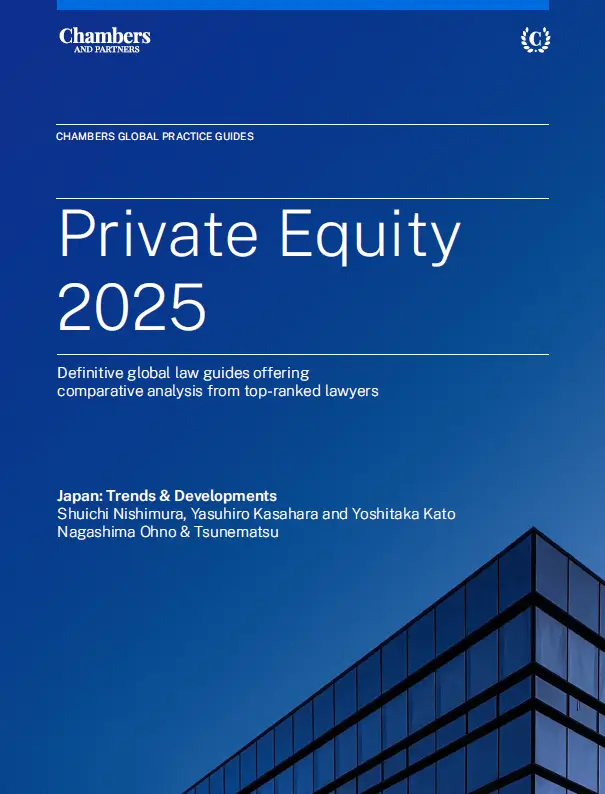

(September 2025)
Shuichi Nishimura, Yasuhiro Kasahara, Yoshitaka Kato (Co-author)


Ichsan Montang, Valencia Wijaya (Co-author)


(September 2025)
Yasuhiro Kasahara, Masaki Mizukoshi, Yoshitaka Kato (Co-author)


Yusei Uji


(September 2025)
Shuichi Nishimura, Yasuhiro Kasahara, Yoshitaka Kato (Co-author)


Ichsan Montang, Valencia Wijaya (Co-author)
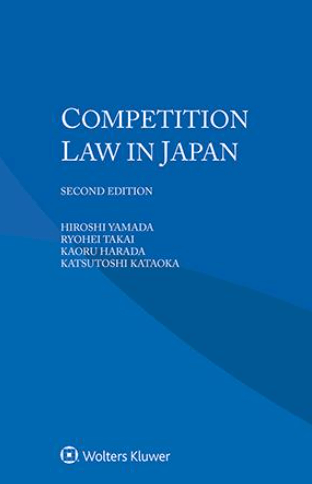

Kluwer Law International (April 2025)
Hiroshi Yamada (Co-author)
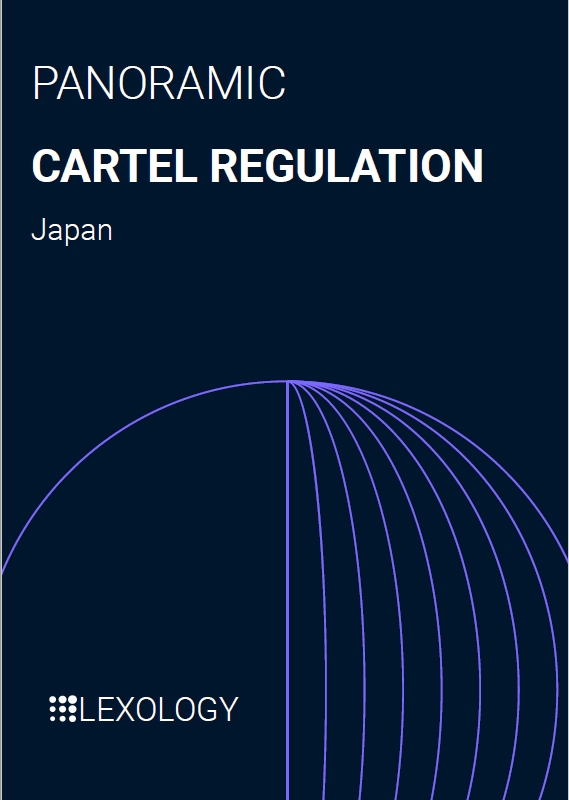

(January 2025)
Kaoru Hattori, Yoshitoshi Imoto, Ryohei Tanaka (Co-author)
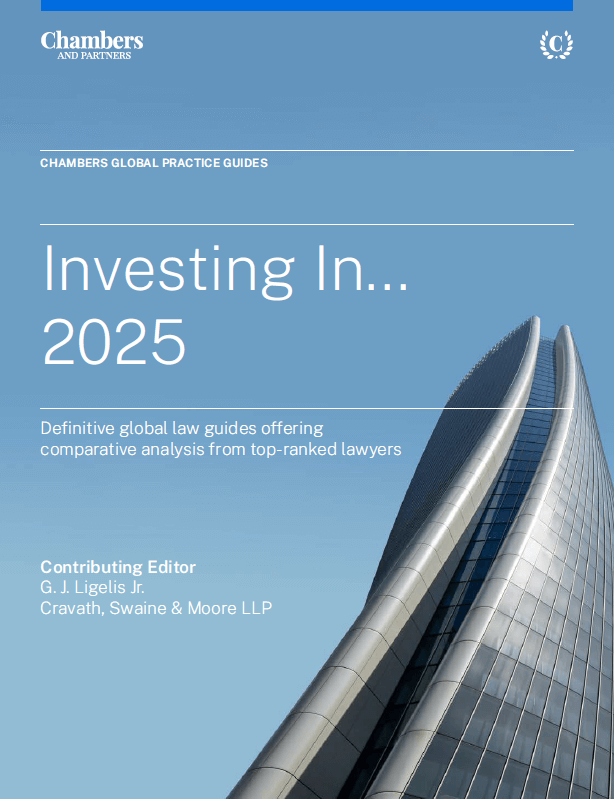

(January 2025)
Shunsuke Minowa, Yothin Intaraprasong, Ponpun Krataykhwan, Nopparak Yangiam, Salin Kongpakpaisarn, Poonyisa Sornchangwat (Co-author)
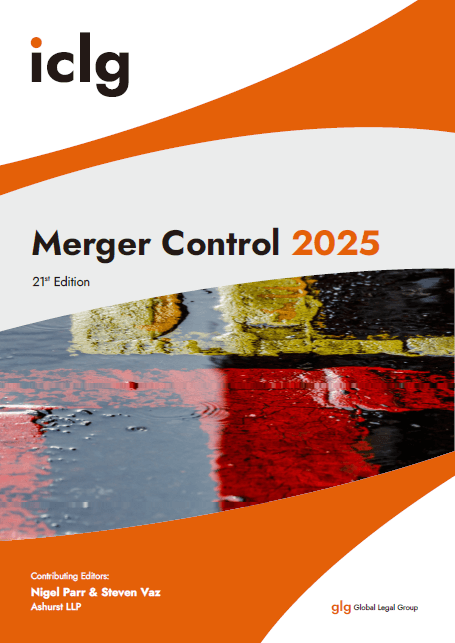

(December 2024)
Ryohei Tanaka, Tsuyoshi Isshiki, Nobuaki Ito, Haruki Koyama (Co-author)


(January 2025)
Shunsuke Minowa, Yothin Intaraprasong, Ponpun Krataykhwan, Nopparak Yangiam, Salin Kongpakpaisarn, Poonyisa Sornchangwat (Co-author)


(December 2024)
Ryohei Tanaka, Tsuyoshi Isshiki, Nobuaki Ito, Haruki Koyama (Co-author)


Shejal Verma


Patricia O. Ko


Supasit Boonsanong, Thananya Pholchaniko, Phareeya Yongpanich (Co-author)


Patricia O. Ko


Claire Chong, Nozomi Kato (Co-author)


Yuan Yao Lee


Supasit Boonsanong, Thananya Pholchaniko, Phareeya Yongpanich (Co-author)


Patricia O. Ko


Claire Chong, Nozomi Kato (Co-author)


Yuan Yao Lee


Rashmi Grover


Shejal Verma


Rashmi Grover


Shejal Verma, Rashmi Grover (Co-author)